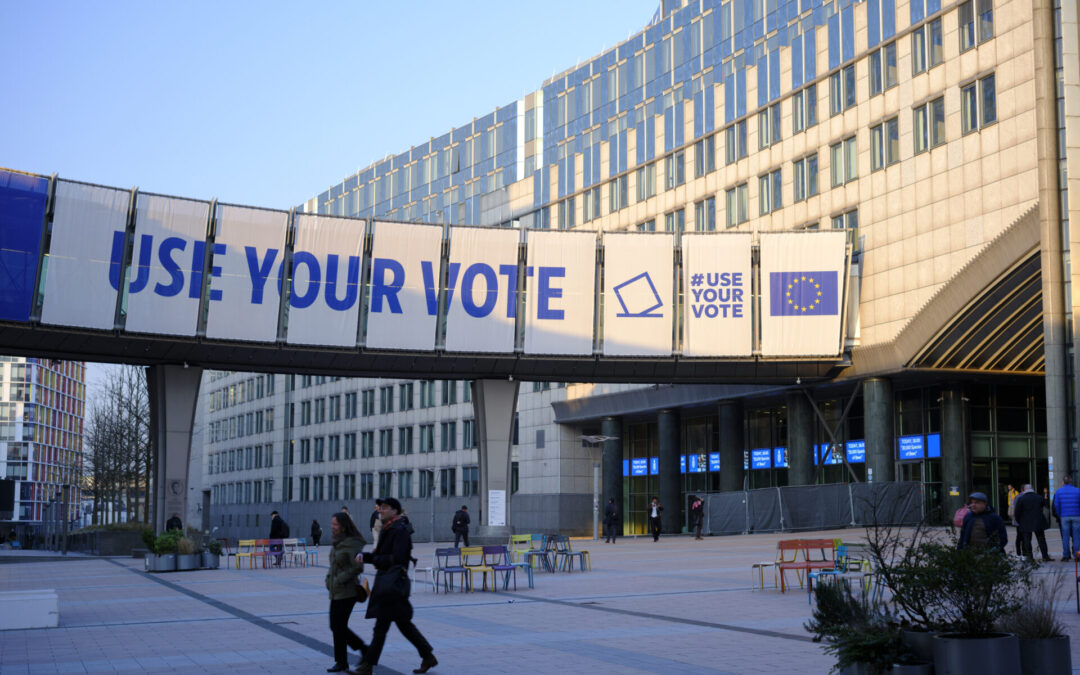SOFIA – The role of major European political families, achieving majorities, and political leadership in the European Parliament were discussed at the event “European Elections: Bulgaria in the European Context,” organized by the European Parliament’s Office in Bulgaria.
The Head of the Office, Theodor Stoychev, emphasized that the upcoming European elections will determine the future for the next five years of 450 million Europeans. According to him, the next EP will have different majorities on different issues.
Political scientist Daniel Smilov highlighted the role of politicians and political leadership in the decision-making process. Everywhere major decisions are prepared and structured by political leadership. That is why it is important to have leaders who are not only nominally and pro forma “pro-European” oriented, said Smilov.
According to him, eurosceptic parties could dominate in key democracies, which would change the political dynamics in the EU.
The European Union must be more ambitious to avoid appearing weak and to maintain its transformative power vis-à-vis member states. If political leadership in the EU does not offer constructive solutions, this could lead to a radicalization of the opposition and anti-system sentiments, Smilov pointed out.
Political scientist Ivan Krastev raised the question of the need to rethink the role of the EU and its vision for the future in the context of a changing world. He stressed the need to preserve achievements and protect the EU from changes that are not in its interest.
We have to choose what kind of EU we want. The combination of fragmentation and polarization makes forming majorities difficult and important, Krastev noted.
He also highlighted the differences between the EP elections in 2019 and the current ones, noting that those in 2019 were entirely overshadowed by Brexit. According to him, after these five years, heavily influenced by the Covid crisis and the war in Ukraine, many of the extreme parties no longer want to leave the EU.
The Deputy Director of the European Council on Foreign Relations Vesela Cherneva warned of the rise of the far right and left, which she said would weaken European institutions.
We must decide how to take advantage of floating coalitions within and outside the EU. Bulgaria must decide how it wants the Western Balkans and the Black Sea region to develop and how active we should be in debates on topics such as security and defense, the economy, and the place of the EU in the world, Cherneva said. (06.03.2024)
 go to the original language article
go to the original language article
